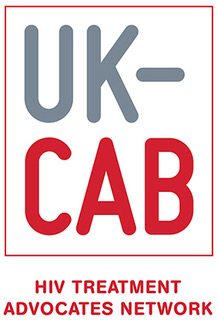While medical treatments for HIV have advanced considerably over the past 30 years, people living with HIV report that the ignorance and fear around HIV that can breed stigma persists, both from the general public and within the healthcare system. HIV stigma can significantly affect quality of life and impact upon health behaviours of people living with HIV (e.g. seeking and taking treatment, discussing status with others) (see Standard 2a). Some people living with HIV internalise stigma into feelings of shame, guilt and disgust (selfstigma), which can contribute to depression, anxiety and hopelessness, or find themselves in relationships involving intimate partner violence that reinforces these negative messages. It is acknowledged that challenging HIV stigma requires change at individual, policy and organisational levels. For example, message-specific campaigns addressing discrimination or the role of undetectable viral load upon infectiousness could help address stigma, and these messages should be promoted by HIV services to both people living with HIV and the wider public.
In addition to stigma, people living with HIV will have to manage a chronic illness and the daily and cumulative impact this can have on their psychological well-being (e.g. access and adherence to medication, possible side effects, health uncertainty, medical appointments, changes to benefits and social care). As such it has been suggested that the UNAIDS 90-90-90 target (90% people living with HIV diagnosed, 90% of these on treatment, and 90% of these virally supressed) be expanded by a ‘fourth 90’ of good health-related quality-of-life.
Finally, as HIV care continues to evolve with continued improvements to treatment, there has been a shift to self-management and/or primary care. While this can have many benefits, the loss of previous patient–clinician relationships for people living with HIV can be profound, and be an added psychosocial stressor.
Despite this, the majority of people living with HIV manage their physical and mental health and well-being effectively, showing strength, growth and resilience in often challenging circumstances; for example, drawing upon social relationships (e.g. partner, friends, family), faith, professionals and external agencies as required. In addition, a vital resource in the support of people living with HIV with stigma and illness burden is other people living with HIV. Peer activism, advocacy and support have always been a bedrock of HIV care, adapting to changing financial climates, technologies and medical advances. It includes online and App-based information and forums, as well as face-to-face individual and group meetings. These can range from educational (e.g. newly diagnosed courses, patient networks), skillsbased (e.g. mindfulness, benefits support) and informal social and recreational gatherings. Some are formally supported and hosted within NHS HIV services, while others are based within local or national charities and organisations.
